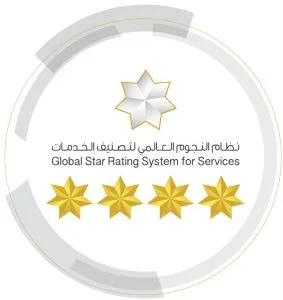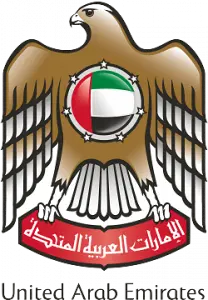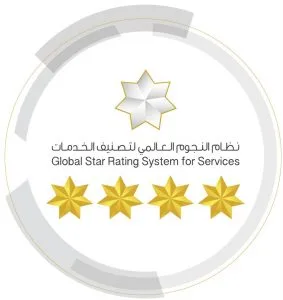Promising E-government
16/05/2013
The UAE in particular and the Arab Gulf Region in general are two of the fastest markets in terms of adoption of modern technologies, considering that the sophisticated electronic infrastructure in the UAE is one of the most important tools for enhancing its economic competitiveness worldwide. This evolution reflects an official interest in adopting the latest information and communication technologies towards upgrading government performance in an unprecedented manner, achieving co-operation among government and private entities and providing pioneering government services and other products via the different means of communication such as the Internet and mobile phone. Based on the prudent leadership’s awareness of the importance of the modern electronic technology, which is one of the most important features of change in the 21stcentury, and the associated media information flows that will play a role in forming the public and private natures of the region, the UAE government started the electronic transformation of government services in 2001 by the Ministry of Finance launching the e-Dirham as an alternative to the conventional method used for collecting fees for government services. Since then, the e-transformation process is going at a rapid pace at the level of both the federal ministries and authorities and the local authorities in each emirate.
The above is compatible with the UAE Vision 2021 and the federal e-government plan 2012-2014, which is partly aimed at improving the competitiveness of the UAE by adopting world-class practices in all e-government areas, while its mission stipulates the establishment of an “innovative eGovernment, committed to contributing towards enhancing the competitiveness of the UAE, and providing world-class multi-channel services that are based on customer needs and expectations through a coherent and efficient government; taking advantage of an advanced digital infrastructure and highly qualified human resources within a smart and intelligent framework of governance.”
It is no exaggeration to say the UAE has made great strides in using technology in the field of government work and this has motivated it to seek technological and organizational readiness and secure an environment that supports the spread of information and communication technology such as the current laws and regulations and the provision of trained, qualified and skillful human resources as well as businesses that support the building of a knowledge-based economy.
Perhaps the success of the Emirates Identity Authority in completing the UAE population register at the beginning of this year, registering all citizens and residents in the smart ID card project and owning the world’s largest database of integrated civil biometrics as per the World Record Academy is the best testament to the level of progress that the UAE has achieved in this area, particularly that this achievement will contribute actively to enhancing the national and individual security in the UAE, supporting strategic decision-making and developing our government services at the same time.
In addition, such mega-projects help the community take part in improving government services and decision-makers to know customers, views and preferences.
The outputs of this government interest include preparing an integrated plan to carry out the “mobile government” project, which is aimed at providing all the services offered by the federal authorities and organizations to customers via the different kinds of smart phones and is scheduled to be completed by the end of this year for provision in 2014 in the light of the leadership’s directives to adopt the best international practices in the field of e-transformation.




Give us your rating